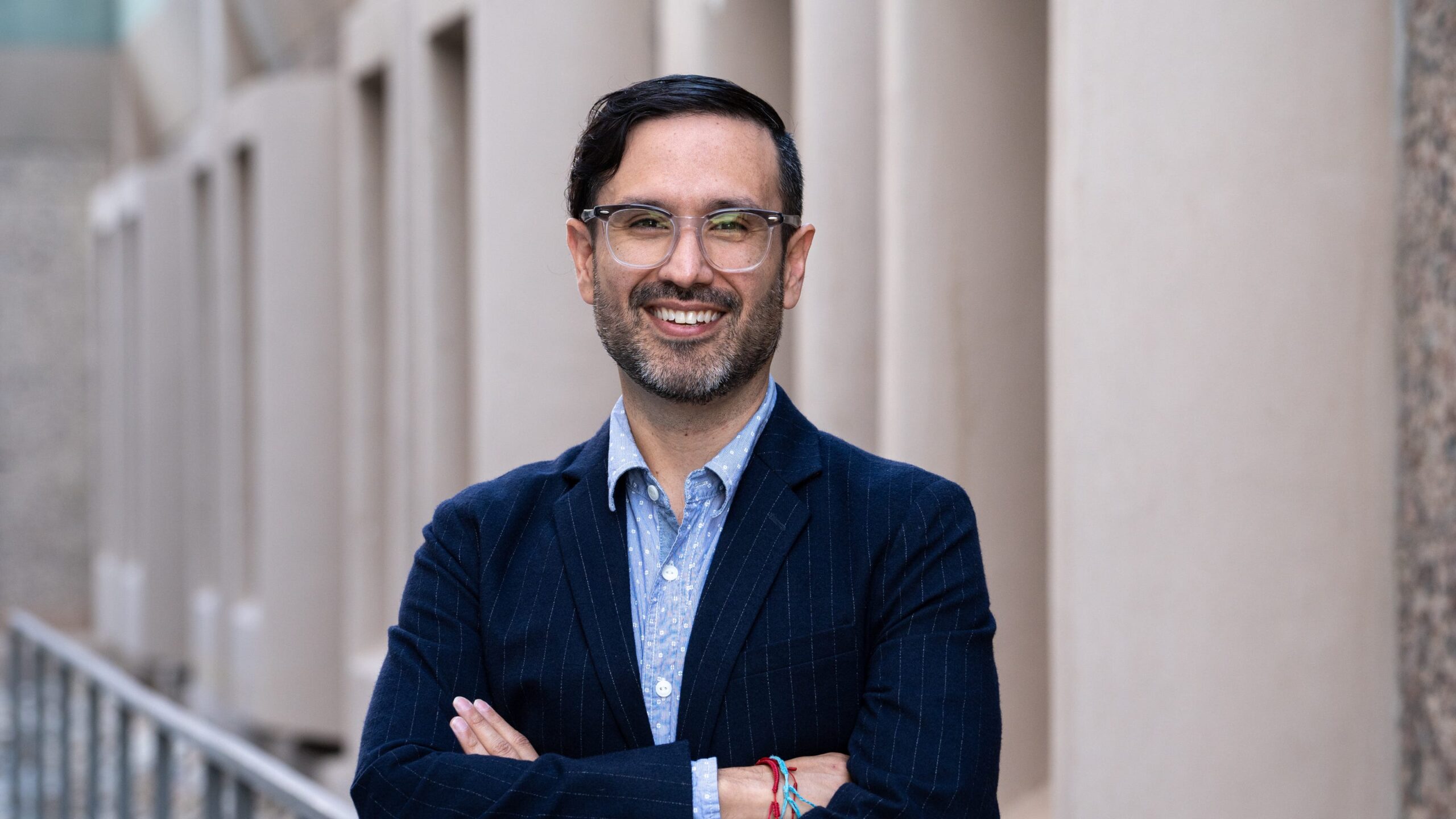
A guide to the functions of various mental health providers.
One key challenge when it comes to looking for a mental health provider is that there are so many types, including counselor, psychologist, therapist and psychiatrist.
Here are some explanations for the roles of different kinds of mental health providers based on information from the national nonprofit organization Mental Health America and the Phoenix-based nonprofit Black Therapists in AZ.
- Psychiatrist. A medical doctor with special training in the diagnosis and treatment of mental and emotional illnesses. Like other doctors, psychiatrists are qualified to prescribe medication. Psychiatrists should have a state license and be board eligible, or certified, by the American Board of Psychiatry and Neurology. (Primary care physicians and nurse practitioners often also will prescribe psychiatric medications.)
- Child/adolescent psychiatrist. A medical doctor with special training in the diagnosis and treatment of emotional and behavioral problems in children. Child/adolescent psychiatrists are qualified to prescribe medication. A child/adolescent psychiatrist should have a state license and be board eligible, or certified, by the American Board of Psychiatry and Neurology.
- Psychiatric nurse practitioner. A registered nurse practitioner with a graduate degree and specialized training in the diagnosis and treatment of mental and emotional illness. In Arizona, they can prescribe psychiatric medications.
- Psychologist. A psychologist has a doctoral degree in psychology from an accredited/designated doctoral program in psychology and two years of supervised professional experience, including a year-long internship. Psychologists are trained to make diagnoses and provide individual and group therapy. Licensed psychologists with the Indian Health Service, the U.S. Department of Defense and in some states who meet educational requirements are allowed to prescribe psychiatric drugs. An effort to give prescribing authority to certain qualified Arizona psychologists recently failed.
- Clinical social worker. A counselor with a master’s degree in social work from an accredited graduate program who is trained to make diagnoses and provide individual and group counseling. They must pass the Association of Social Work Boards’ Licensed Master Social Worker exam. After passing the LMSW exam, they must complete 3,200 hours of supervised clinical work with 100 hours of direct supervision in Arizona before they can be approved to try the exam to be licensed as a clinical social worker. Clinical social workers may be members of the Academy of Certified Social Workers.
- Licensed professional counselor. A counselor with a master’s degree in psychology, counseling or a related field. Licensed professional counselors are trained to diagnose and provide individual and group counseling. Licensed professional counselors in Arizona must complete 3,200 hours of supervised clinical work with 100 hours of direct supervision.
- Licensed independent substance abuse counselor. A counselor with specific clinical training in alcohol and drug abuse disorder, who is trained to diagnose and provide individual and group counseling. A license is required. They must complete 3,200 hours of supervised work experience in substance abuse counseling, of which 1,600 must be direct client work.
- Nurse psychotherapist. A registered nurse who is trained in the practice of psychiatric and mental health nursing. Nurse psychotherapists need certification and a state license. They are trained to diagnose and provide individual and group counseling.
- Marital and family therapist. A counselor with a master’s degree, with special education and training in marital and family therapy. Trained to diagnose and provide individual and group counseling and is licensed by the state. In Arizona, 3,200 hours of supervised work is required, 1,000 of which must be with families and couples. Needs approval of the Arizona Board of Behavioral Health Examiners to take the licensing exam and practice independently.
- Pastoral counselor. Clergy with training in clinical pastoral education Trained to diagnose and provide individual and group counseling. Certification is from the American Association of Pastoral Counselors.
- Life coach. Mental Health America does not include life coaches on its list of mental health providers and life coaches are not health care professionals, but some people looking for a therapist might encounter life coaches during their search. Life coaching is an unregulated industry and there’s no state license for it, so training may vary. Grand Canyon University, which offers a Graduate Certificate of Completion in Life Coaching program, says on its website that the purpose of life coaching is to empower clients to identify their life’s goals and make progress toward them, whereas a therapist focuses on patients’ feelings and thought patterns.
Reach health care reporter Stephanie Innes at [email protected] or at 602-444-8369. Follow her on X, formerly known as Twitter: @stephanieinnes.
